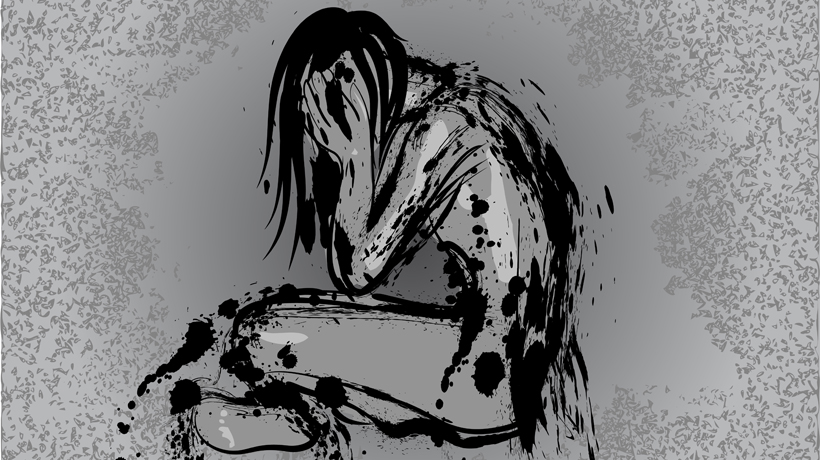Psychotherapist Mark Sichel defines resentment as, “the mental process of repetitively replaying a feeling, and the events leading up to it, that goads or angers us.” This bitterness is driven by our emotions, and it is difficult to think logically about what has caused us to feel so much anger toward a person or event. We can get stuck in a never-ending loop, unable to forgive and forget, causing resentment to consume us.
How can you break the cycle, and learn to let go of resentment?
Accept the emotion
The first, and perhaps most important step, is realizing that you are holding a grudge. Allow yourself to understand how you feel. Remember that you are human, and it is natural to feel sadness and anger. You must also decide that you are ready to move on, and be prepared to look deeper.
Write down who you’re angry with
What you’re resentful of at the moment might be fueled by something that happened in the past. It may be useful to make a list of people you currently feel resentment toward, even people you are no longer in contact with.
Ask yourself why you resent them
For each person on your list, write down why you feel resentful. Make sure to include reasons that may not be rational as well. You don’t have to be logical — just be honest.
Identify what really triggers the resentment
Although you might be angry at your significant other because they’re not listening to you when you feel it’s important, the level of resentment you feel could be caused by past hurts (i.e., your family didn’t pay attention to your opinions growing up).
See how holding on affects you
Does stewing in resentment make you feel better about yourself and other people? Of course, the answer is no. Look inwardly, “why do you keep telling yourself the same old story?” It may be that you need to work on forgiveness. After all, we are all imperfect people. Also, are you avoiding something that you might want to do and are afraid to step out in a new way? Be honest with yourself, so you can start moving forward.



